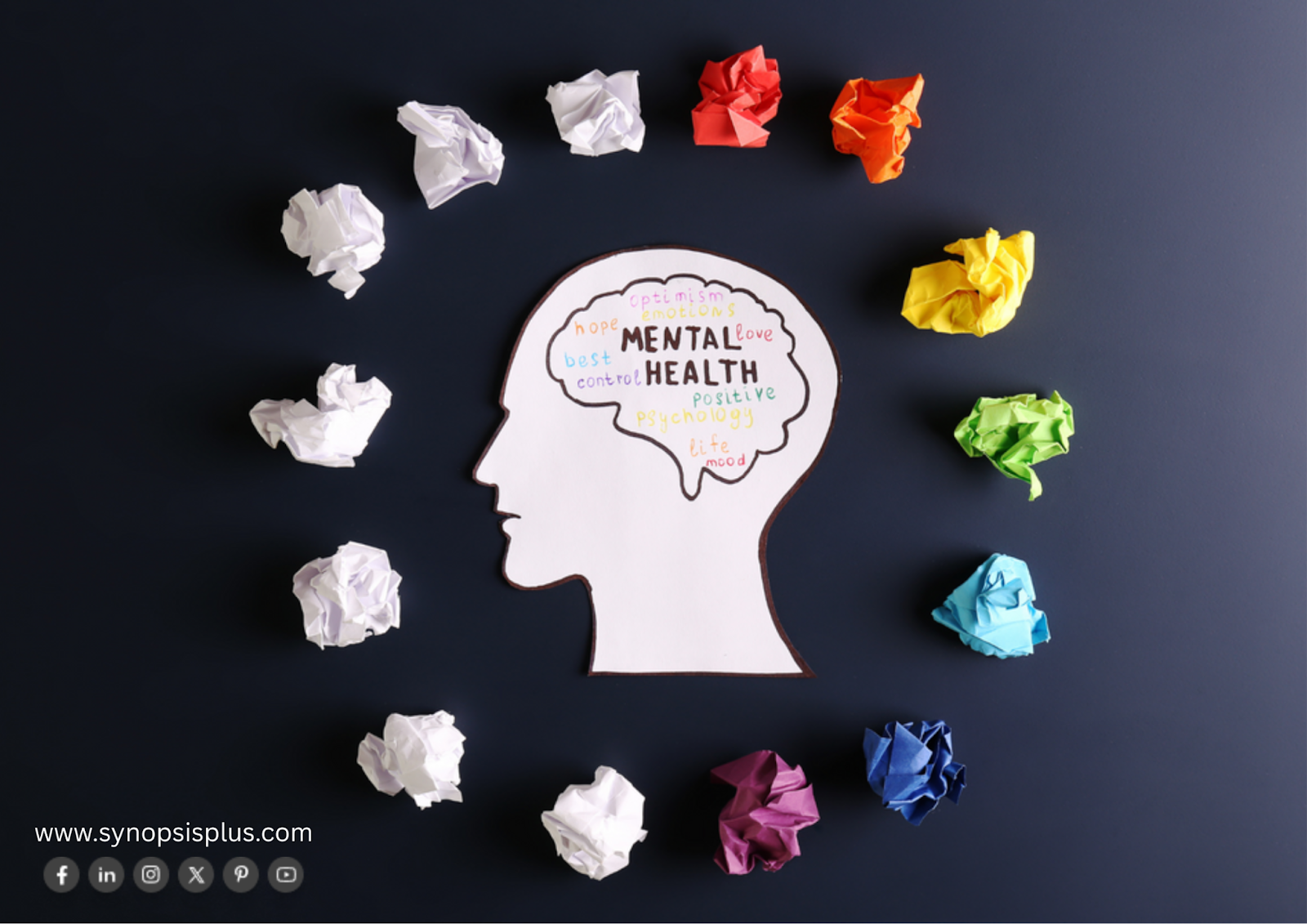
How to Care for Your Mind Like You Care for Your Body
You exercise and eat well for your body, but when was the last time you gave the same care to your mind?
We dedicate most of our time to keeping our bodies healthy eating nutritious food, exercising, and getting enough rest. But do we give the same attention to our minds? Mental health is just as important as physical health. So, take care of your mind. When you care for your mind, it can help improve your:
- Mood
- Resilience
- Relationship
- Overall quality of life
Feed Your Mind the Right “Nutrition”
As your body needs healthy food, your mind needs healthy input. Limit your exposure to negative thoughts and harmful influences. Engage your mind by reading books and listening to podcasts that expand your knowledge about different subjects and the world.
Be Physically Active
Being active is not only good for your physical health, but it’s also good for your mental health and nourishment.
Exercise improves your mental well-being by:
- Raising your self-esteem
- Helping you set goals or challenges and achieve them
- Causing chemical changes in your brain that can positively improve your mood
- Reduce stress
- Improve memory and focus
Learn New Skills
If you learn a new skill or start a new hobby, it can also improve your mental well-being.
- Boost your self-confidence
- Raise your self-esteem
- Help you build a sense of purpose
- Help you connect with other people
If you feel like you don’t have enough time to learn a new skill or read a book, challenge yourself with puzzles and games instead. Try learning something new, like cooking. This will keep your mind sharp and engaged.
Practice Mindfulness
Mindfulness is when you are aware of the present moment without any judgment. It helps you to enjoy life and understand yourself in a better way.
It can involve various activities like:
- Exercise
- Breathing methods
- Guided imagery
- Other practices to relax your mind and body and reduce stress
Paying more attention to the present moment can improve your mental health. Practicing mindfulness can positively change how you feel about life and how you deal with challenges. It reduces anxiety and increases clarity.
Connect With Other People
Relationships are like vitamins for your mental health. Connect with your family, friends, and other community people. Because good relationships are important for your mental well-being. They can:
- Boost your mood
- Reduce stress
- Build a sense of belonging and self-worth
- Provide emotional support
- Give you an opportunity to share positive experiences
Avoid Mental Junk Food
Avoid too much sugar or processed food because they’re harmful to your body. Likewise, avoid too much negativity, gossip, and comparison, as they can harm your mind. Be mindful of what you intentionally consume mentally.
Turn Challenges into Strength (Build Resilience)
When your body faces physical challenges, it gets stronger. The same goes for your mind. Learn to turn your problems and difficulties into strengths and chances to grow. Build resilience to handle challenges. Resilience means learning how to cope and bounce back from tough times and difficulties.
You can build resilience by:
- Staying hopeful and positive
- Asking for help when you need it
- Learning from your mistakes
- Taking care of yourself with good sleep, healthy food, and exercise
- Practicing mindfulness or relaxation to reduce stress
FAQ’S
1. Why is mental health as important as physical health?
Because your mind and body work together. Good mental health boosts your mood, strengthens relationships, and helps your body function properly and stay healthy.
2. I’m too busy to learn a new skill. What can I do?
If you don’t have much time, engage yourself in small activities like solving puzzles, trying a new recipe, or reading for 10 minutes. Even short activities can change your brain and boost your mental well-being.
3. How can I start taking care of my mind?
Pick one small action– go for a walk, call a friend, read something inspiring, or spend 5 minutes on mindful breathing. Done consistently, these small steps can create the biggest positive changes.